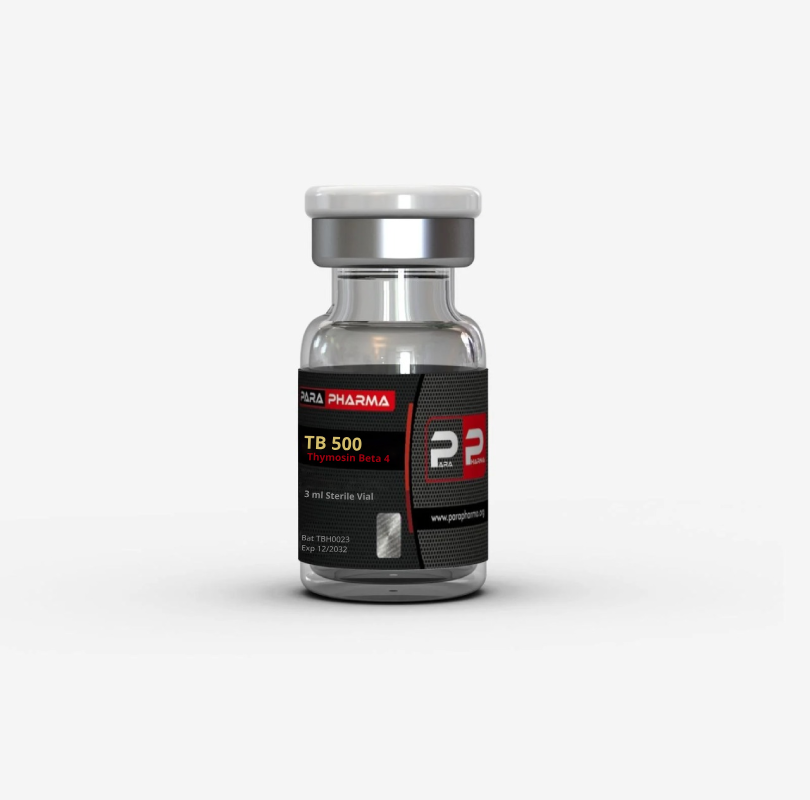
- Name
- TB 500
- API
- Thymosin beta 4
- Dosage5mg
- Packing3 ml vial
TB-500 is a synthetic analogue of the naturally occurring peptide Thymosin Beta-4, which is found in nearly all human and animal cells. It is a first-in-class therapeutic candidate known to promote endothelial cell differentiation, stimulate angiogenesis (formation of new blood vessels from existing ones), enhance keratinocyte migration, support collagen deposition, and reduce inflammation. A central mechanism of TB-500 involves the regulation of actin, a key structural protein that constitutes up to 10% of total cellular proteins and is essential for cell shape and movement. By binding to actin and modulating its polymerization, TB-500 acts as an actin-sequestering molecule, influencing critical cellular processes. As part of a highly conserved family of 16 related peptides, TB-500 is widely distributed across tissues and circulating cells. It has been identified as a gene upregulated four- to sixfold during early blood vessel formation, highlighting its role in promoting angiogenesis. Present in wound fluid, TB-500 accelerates wound healing, supports muscle regeneration, and shortens recovery time for damaged muscle fibers and their cells when administered subcutaneously. TB-500 also enhances cell migration by specifically interacting with actin in the cytoskeleton. Its actin-binding domain facilitates both blood vessel formation and tissue repair by accelerating the movement of endothelial cells and keratinocytes, while also stimulating the production of enzymes that remodel the extracellular matrix. Research indicates that TB-500 functions as a potent, naturally occurring wound repair factor with strong anti-inflammatory activity. Unlike many growth factors, it promotes cell migration without binding to the extracellular matrix and, due to its low molecular weight, diffuses efficiently through tissues to exert its regenerative effects.
